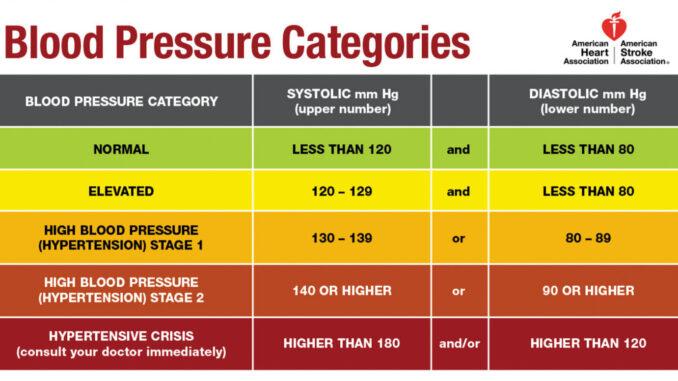
Last Updated on by lizzy
High blood pressure, also known as hypertension, is a prevalent health condition affecting millions worldwide. It is often referred to as the “silent killer” due to its asymptomatic nature. Understanding the risk factors, causes, symptoms, treatment options, and prevention can be crucial for effective management.

Risk Factors for High Blood Pressure
Identifying the risk factors allows individuals to take proactive measures towards prevention and early detection. Here are some notable risk factors:
Age
As we grow older, the blood vessels lose elasticity, making them more prone to constriction and raising blood pressure levels.
Genetics and Family History
A family history of hypertension can significantly increase an individual’s risk of developing the condition. Genetic factors can influence blood vessel function.
Unhealthy Lifestyle
Unhealthy lifestyle choices, such as a diet high in sodium and saturated fats, sedentary behavior, excessive alcohol consumption, smoking, and chronic stress, are high contributors.
Obesity and Overweight
Being overweight or obese puts extra strain on the cardiovascular system, increasing the risk of hypertension.
Medical Conditions
Underlying medical conditions, including diabetes, kidney disease, sleep apnea, and hormonal disorders, can raise the risk of developing the condition
Causes of High Blood Pressure
Can arise from a combination of factors. While the precise cause may vary among individuals, common causes include:
Narrowing of the Arteries
When the arteries narrow due to the buildup of fatty deposits (plaque), the heart must work harder to pump blood.
Increased Cardiac Output
This can be caused by factors such as an overactive thyroid gland, certain congenital heart defects, or the use of certain medications.
Hormonal Imbalances
Hormonal imbalances, such as an overproduction of adrenal hormones like cortisol or an underactive thyroid gland, can disrupt the body’s regulatory mechanisms.
Symptoms of High Blood Pressure
Headaches
Severe headaches, particularly in the back of the head, can be a symptom . However, headaches alone are not conclusive evidence and can have various other causes.
Dizziness and Lightheadedness
Feeling dizzy or lightheaded, especially upon standing up, can be a sign . Reduced blood flow to the brain can lead to these symptoms.
Treatment of High Blood Pressure
Management is essential for reducing the risk of complications. Treatment approaches focus on control and overall cardiovascular health. Here are some commonly utilized methods:
Medications
Antihypertensive medications, such as diuretics, beta-blockers, ACE inhibitors, angiotensin II receptor blockers, or calcium channel blockers, may be prescribed .
Lifestyle Modifications
Implementing healthy lifestyle changes is crucial in hypertension management. This includes adopting a low-sodium diet, incorporating regular physical activity, maintaining a healthy weight, limiting alcohol consumption, quitting smoking, and managing stress.
Prevention
Balanced Diet
Emphasize a diet rich in fruits, vegetables, whole grains, lean proteins, and low-fat dairy products. Limit sodium intake, avoid processed foods, and minimize the consumption of saturated fats and cholesterol.
Regular Physical Activity
Engage in moderate aerobic exercises, such as brisk walking, swimming, or cycling, for at least 150 minutes per week. Additionally, incorporate strength training exercises twice a week to enhance overall cardiovascular health.
Stress Management
Practicing stress-reducing techniques like meditation, deep breathing exercises, or engaging in hobbies can help manage stress levels.
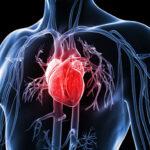


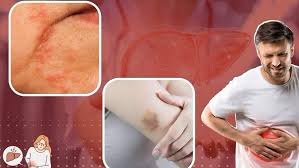
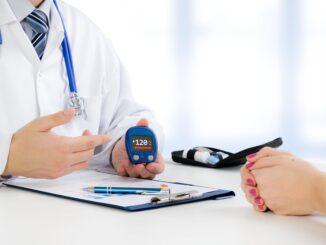
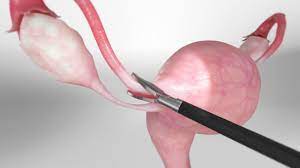
Leave a Reply